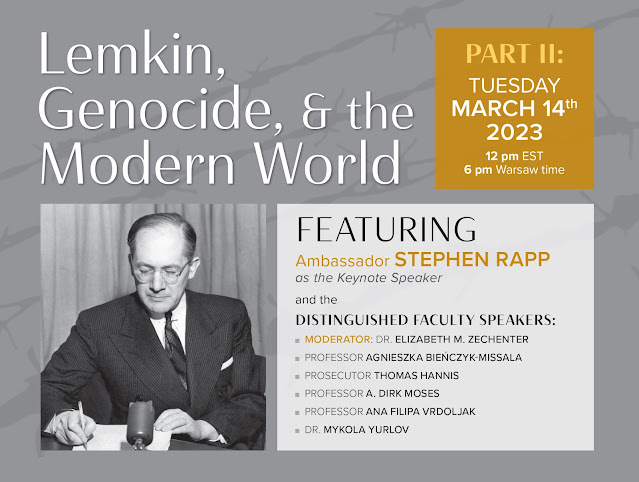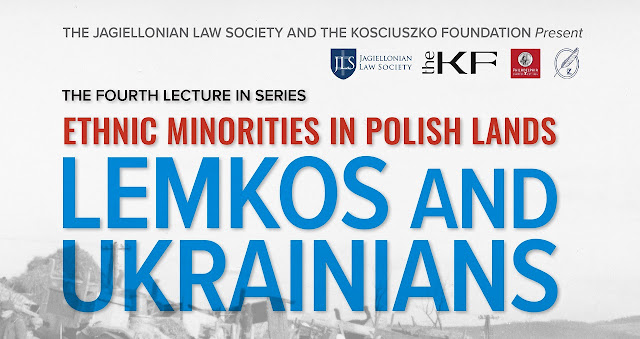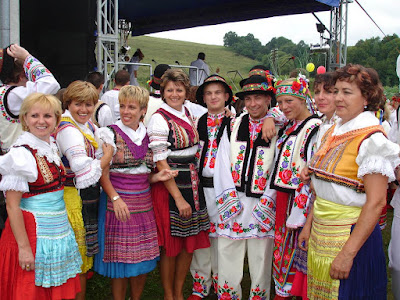In a previous seminar in December, speakers detailed the historical context of Lemkin's life and work. A featured guest in the March program will be the Hon. Stephen J. Rapp, U.S. ambassador-at-large for global criminal justice from 2009 to 2015, and more recently a visiting fellow of practice at the Blavatnik School of Government, University of Oxford.
Here is the program description and information about registration, free but required, CLE credit available, from the Jagiellonian Law Society.
We would like to invite you to another webinar on Raphael Lemkin, Genocide, and the Modern World, keynoted by Ambassador Stephen J. Rapp and featuring distinguished international faculty!
Rafał (or Raphael) Lemkin was a Polish Jewish lawyer best known for coining the term "genocide" and a key person behind the UN Genocide Convention. For that work, he was twice nominated for the Nobel Peace Prize. On the 50th anniversary of the Convention entering into force, Lemkin was honored by the UN Secretary-General as an inspiring example of moral engagement.
The upcoming seminar is the second part of the webinar series discussing the crime of "genocide" and its applicability to the current events in Ukraine and beyond. We will discuss whether Lemkin’s ideas are helpful in the prosecution of mass murders and other crimes aimed at eliminating or erasing entire groups of people. We will also address the likelihood of a successful prosecution of atrocities committed in Ukraine, be it as "war crimes," "crimes against humanity," or a "crime of aggression," via either international or national courts or via special tribunals.
The webinar is presented by the Jagiellonian Law Society with support from the Kosciuszko Foundation and co-sponsored by many organizations, among them ABA, NYSBA, UBA, NJSBA, etc. It is free and open to the public. Spots are limited. Registration is required.
We are honored and proud to announce that Ambassador Stephen J. Rapp, the United States Ambassador-at-Large for Global Criminal Justice, will be our keynote speaker, and we are honored and delighted to present to you our most distinguished international Faculty:
- Professor Agnieszka Bieńczyk-Missala, Professor in Political Sciences at the University of Warsaw
- Prosecutor Thomas Hannis, former lead prosecutor, UN International Criminal Tribunal Yugoslavia
- Professor A. Dirk Moses, Anne and Bernard Spitzer Professor of Political Science at the City College of New York, CUNY
- Professor Ana Filipa Vrdoljak, The UNESCO Chair in International Law and Cultural Heritage, Technical University, Sydney, Australia
- Dr. Mykola Yurlov, International Humanitarian Law and Policy Advisor, member of the Council of the Ukrainian Bar Association in Kyiv
- Moderator: Dr. Elizabeth M. Zechenter, Visiting Scholar, Emory University
Time: Mar 14, 2023, 12:00 PM in Eastern Time (US and Canada)
We offer Continuing Legal Education (CLE) credits. If interested, please contact Jagiellonian Law Society.









